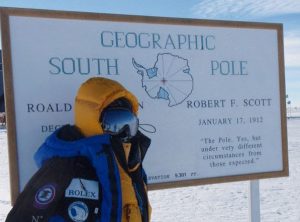Trailblazer in the Arctic: A Tribute to the First African American to Reach Both Poles
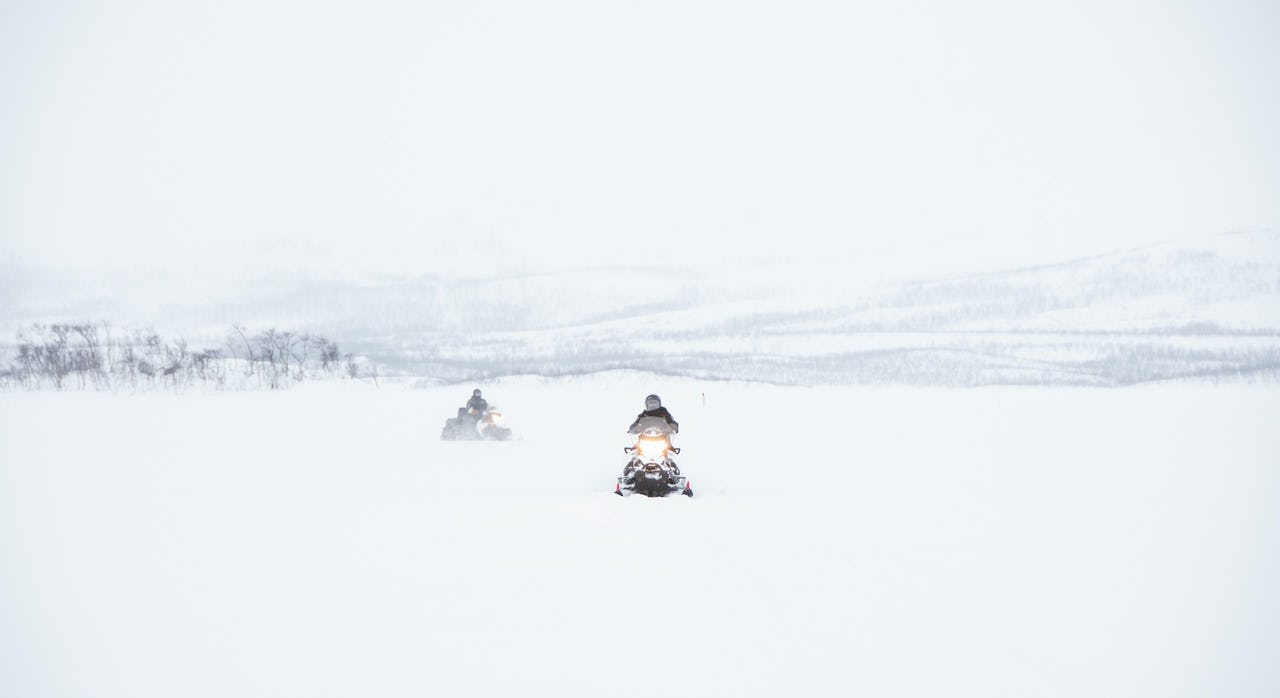
Snowmobiling to the Three Nations’ Border Point, Malla Strict Nature Reserve, Kilpisjarvi, Finland. Photo: Kimberly Aiken
This commentary is written as a thank you to a woman of great merit and in honor of Black History Month to every African American trailblazer who made it possible for me to be in a position to write this piece.
It has been over 100 years since the first African American reached the North Pole in 1908. This is an element of black history uncommonly known to the world. In 2007, the first black woman became the second black person to set foot on the geographical North Pole. Four years later, she undertook yet another adventure and became the first black person to stand at the South Pole and simultaneously the first black person to reach both poles. In 2019, Ms. Barbara Hillary, trailblazer on top and bottom of the world passed away. She left behind an incredible mark on the world.
As I reflect on the life and achievements of Ms. Barbara Hillary, I can’t help but see a reflection of myself. As an African American, it seemed implausible to me that I too could be among many creating synergies and capacity-building for an inclusive and diversified Arctic. As a native of South Carolina growing up in the countryside, I never envisioned a life entangled with an infatuation for the polar regions. Like Ms. Hillary, today I am in love with a region filled with an abundance of beauty, diverse wildlife, and unique cultural communities.
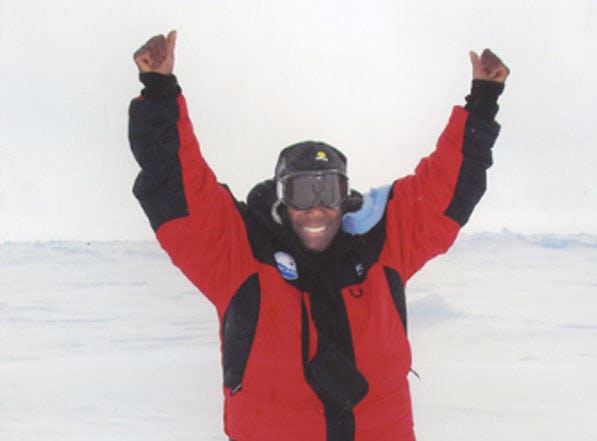
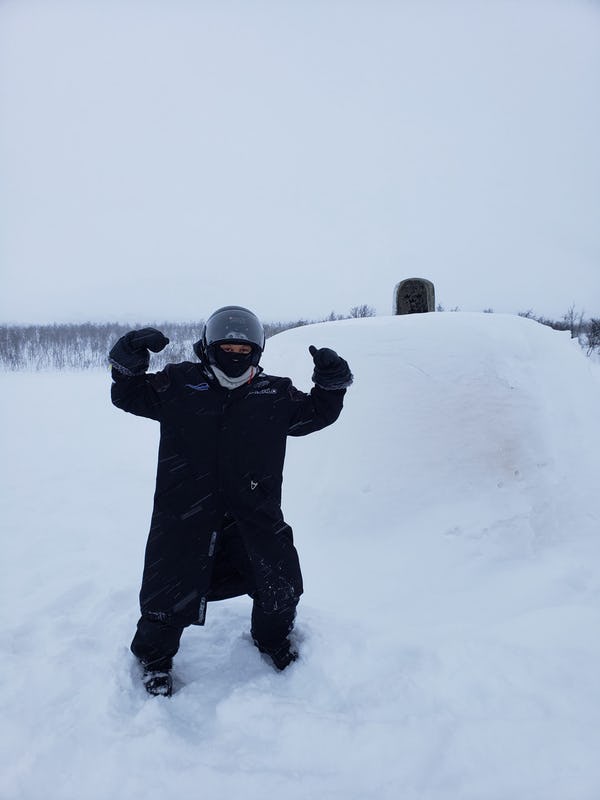
There is no doubt that the Arctic and Antarctica are undergoing substantial climate change due to intense global warming. As a result, increasing fossil-fuel emissions will continue to wreak havoc on the planet. Ms. Hillary understood this and took a personal interest in the polar extremities and the challenges they face, and devoted the latter years of her life to educating and bringing awareness to the rest of the world. She was an inspirational speaker and activist, and even ventured to Outer Mongolia, to visit a nomadic tribe and discuss changes in rural way of life due to climate change and the desertification of the steppes. She founded the Arvene Action Association in Far Rockaway, Queens, New York and the Peninsula Magazine, a non-profit, multi-racial magazine, serving as its editor-in-chief. The Peninsula Magazine was the first of its kind in Queens to improve the lives of the residents in the Rockaways. I share her commitment to bringing the issues of the Arctic to the hearts of others. Such a task is not without challenges. As a junior professional in the Arctic community, there is little to no representation of others such as myself. The lack of diversity and inclusion among research practitioners is not unique to the Arctic.
These obstacles are shared by minorities across most STEM fields, and African Americans and marginalized groups of people face significant challenges navigating spaces either as professionals or explorers where they see no representation of themselves. Socioeconomic gaps prevent many outdoor enthusiasts of color from actively participating in the wild. This is a terrible disadvantage because we are missing out on opportunities for new and fresh talent.
It is not impossible to participate in these activities and communities, but there are many barriers to overcome, namely gaining acceptance and respect by one’s peers and securing the financial means to explore and contribute to polar knowledge. A visit to the Arctic or Antarctica is not an easy undertaking and is quite expensive for the average person. Ms. Hillary’s astute ability to raise funds to support her voyages despite the many obstacles she faced is a testament to her dedication and commitment to achieving a dream that serves as a shining example for us all. Her determination speaks directly to the fact that there are nor should there be limitations to what one can do.
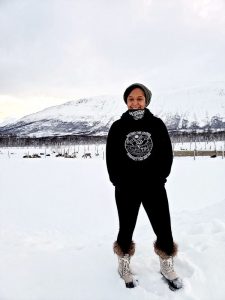
Ms. Hillary debunked the stereotype that minorities are not interested in exploring extreme or polar climates. She chose to go to the poles because of her interest to explore a remote territory that most will never see in their lifetime. Her tenacity and willingness to step outside of the box that society created for her is a testament that minorities are welcome too.
I find myself now among many women before me who have ventured to places that at a time only existed in my dreams. I hope to join my peers of color in becoming yet another person to stand at both the North and South Pole for my professional and personal advancement. I am honored to walk in the footsteps of Ms. Hillary. Her accomplishments are inspiring, and she has challenged me to dream big and foster my passions.
Ms. Hillary, thank you for being the first African American to journey to both poles of the Earth. You are the inspiration for every black girl’s dream.
Kimberly Aiken is an international environmental policy master’s candidate at the Middlebury Institute of International Studies at Monterey, CA, USA.
